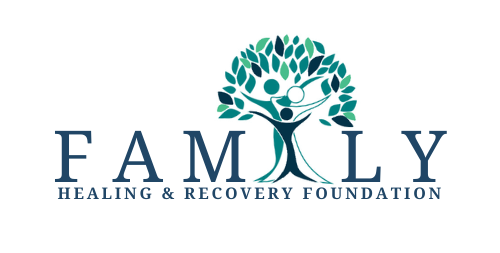In the tumultuous journey of addiction, the focus is often on the individual struggling with substance abuse. However, amidst the chaos and despair, the impact on families is profound and cannot be overstated. Families of addicts endure emotional turmoil, strained relationships, financial stress, and a sense of helplessness as they witness their loved one battle with addiction. Yet, amidst this turmoil, one crucial aspect often overlooked is the need for families themselves to seek help.
Addiction is often described as a family disease, and for a good reason. Its effects ripple through households, disrupting the lives of every family member. Spouses, parents, children, and siblings are all deeply affected, often experiencing feelings of guilt, shame, anger, and resentment. They may find themselves enabling the addict, sacrificing their own well-being, or living in constant fear and anxiety. The dynamics within the family unit become strained, communication breaks down, and trust erodes away.
In such circumstances, seeking help becomes not only beneficial but essential for the family’s survival and well-being. Here are several compelling reasons why families of addicts should prioritize getting assistance:
- Education and Understanding: Many family members may not fully grasp the complexities of addiction and its effects. Education about addiction helps family members understand the nature of the disease, its triggers, and how it impacts behavior. This understanding can reduce feelings of blame and helplessness, fostering empathy and compassion towards the addict.
- Setting Boundaries: Enabling behaviors often unwittingly perpetuate the cycle of addiction. Professional guidance can help families recognize enabling behaviors and establish healthy boundaries. Setting boundaries protects the well-being of both the addict and the family members, promoting accountability and self-care.
- Emotional Support: Living with addiction can be emotionally exhausting and isolating. Support groups or therapy provide a safe space for family members to express their feelings, share experiences, and receive validation and support from others who understand their struggles. Connecting with others in similar situations can alleviate feelings of shame and isolation, fostering a sense of belonging and solidarity.
- Coping Strategies: Addiction places tremendous stress on families, and coping with the chaos can feel overwhelming. Professional support equips family members with coping strategies and resilience-building techniques to navigate the challenges they face. Learning healthy coping mechanisms empowers families to manage stress, maintain their own well-being, and respond constructively to the difficulties they encounter.
- Recovery for All: Just as addiction recovery is a journey for the individual, it is also a journey for the family. Engaging in therapy or support groups not only supports the addict’s recovery but also facilitates the family’s healing process. Addressing unresolved issues, rebuilding trust, and fostering healthy communication are essential components of family recovery.
In essence, seeking help is not a sign of weakness but a courageous step towards healing and transformation. It acknowledges the profound impact of addiction on families and demonstrates a commitment to breaking free from its destructive grip. By investing in their own well-being, families of addicts not only enhance their quality of life but also contribute to the overall success of their loved one’s recovery journey.
In conclusion, the need for families of addicts to seek help cannot be overstated. From education and understanding to emotional support and coping strategies, professional assistance offers invaluable resources for families navigating the challenges of addiction. By prioritizing their own well-being and seeking support, families can foster resilience, rebuild relationships, and embark on a journey of healing and recovery together.
